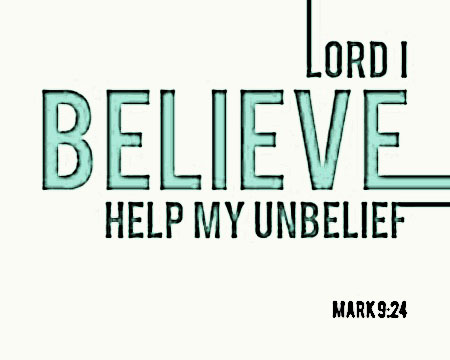Podcast: Play in new window | Download
Subscribe: Spotify | Email | RSS
 Is faith, as Mark Twain quipped, believing what you know ain’t so? Why do so many think that faith is valuable? What is it to have faith anyway?
Is faith, as Mark Twain quipped, believing what you know ain’t so? Why do so many think that faith is valuable? What is it to have faith anyway?
In this episode I talk with Boston College philosopher Dr. Daniel McKaughan about faith in God, and whether or not it requires a firm belief that God exists.
We discuss belief, atheism, agnosticism, the interesting case of Mother Theresa, doubt, and commitment. We focus on Dr. McKaughan’s objections to what he calls the “belief-plus” understanding of faith. [spp-tweet tweet=”Can one have faith in God without believing in God’s existence?”]
In Part 2 next week, we’ll hear more about Dr. McKaughan’s own views on what faith is, and wherein lies its value.
Links for this episode:
- Dr. McKaughan’s home page
- “Authentic faith and acknowledged risk: dissolving the problem of faith and reason,” Religious Studies, 2013.

- “Action-Centered Faith, Doubt, and Rationality,” Journal of Philosophical Research, 2016.
- “Authentic faith and acknowledged risk: dissolving the problem of faith and reason,” Religious Studies, 2013.
- The Nature and Value of Faith project page
- On the cosmonaut Yuri Gagarin’s alleged quote that he didn’t see God while in orbit (scroll down)
- Mark 9:24; James 2:19; Mark 8:27-30; “follow me“
- This week’s thinking music is “Our Ego [Feat. Different Visitor]“ by Broke For Free.

This was an interesting discussion about “faith” and “belief.”
I particularly liked when Dale pointed out that there is an element of faith that cannot be considered “scientific” (e.g. believing that George Washington was the first President). The scientific method isn’t suitable to verify all “truth” because it is based upon empirical verification whereas historical knowledge relies on human testimony that most often cannot be validated by repetition or observation.
I also think Dr. MacKaughan’s point about how modern science is based upon the assumption that what we observe in nature today (e.g. natural laws) has always held true is critically important. Many of the things that scientists propose about the “history” of the Universe is merely theoretical (mathematical) speculation based upon this assumption.
Whether one believes in God or not, there is only a limited amount of scientific knowledge we can rely upon. How do we know that anything we observe today existed or operated this way in nature 10,000-20,000 years ago when there wasn’t any human “history” to verify what we observe today? For all we really know today, the Solar System (or the Earth) could be a few billion years old, or they could be only thousands, or tens of thousands, of years old.
Really great discussion, thankful for the opportunity to hear Dr. McKaughan’s views expounded. Looking forward to part 2!
Comments are closed.